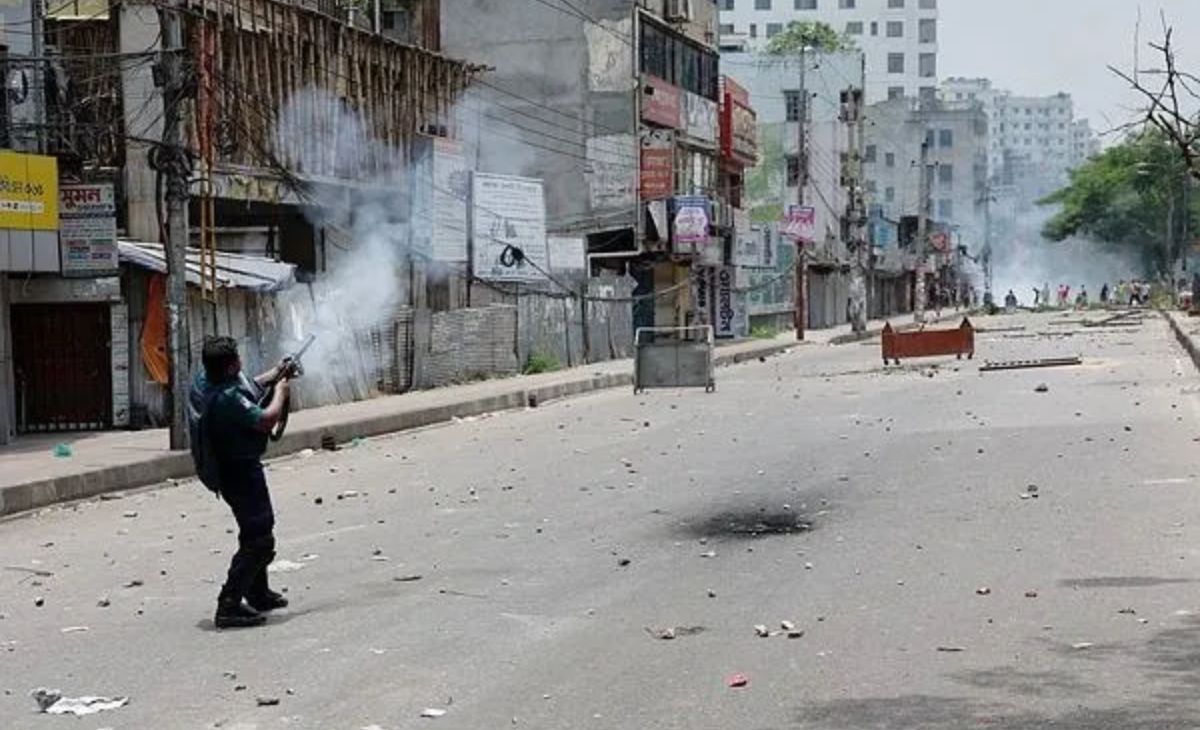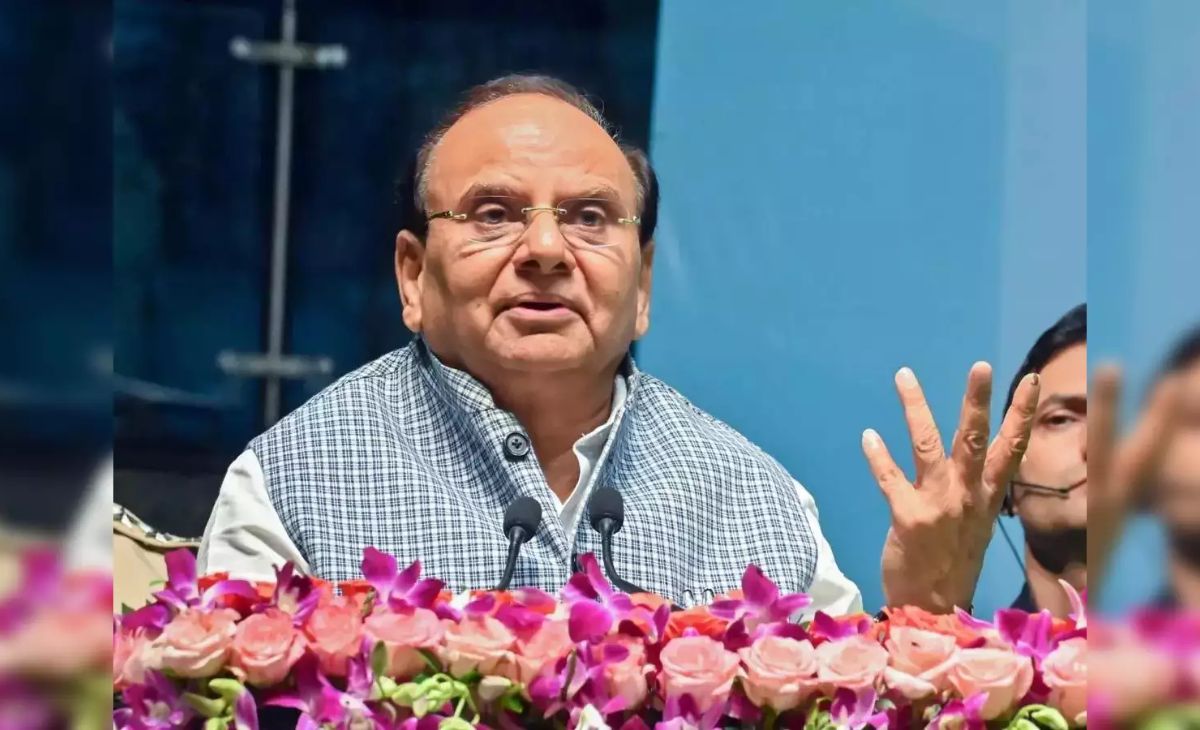For three days, Ahsan Habib, a university student, protested in Dhaka against what he perceives as police and ruling party violence. The protests, initially about reforming the government’s job quota system, have escalated into nationwide unrest demanding accountability for recent deaths and the resignation of key officials. The Supreme Court has annulled most quotas, yet protests persist. Amid a curfew and army deployment, clashes have resulted in numerous casualties, mostly among students and civilians. The unrest, exacerbated by an internet blackout, has halted economic activities and stirred widespread anger against the government.
5 Key Points:
- Protests and Violence: Ahsan Habib and other students protested in Dhaka against perceived violent assaults by police and ruling party supporters.
- Job Quota System Reform: Protests initially focused on reforming the government’s job quota system, leading to nationwide unrest.
- Supreme Court Decision: The Supreme Court scrapped most job quotas, making 93% of government jobs merit-based.
- Curfew and Crackdown: The government imposed a curfew and deployed the army to curb escalating violence, resulting in many casualties.
- Internet Blackout: A nationwide internet shutdown has disrupted communication and economic activities, causing further public outrage.




